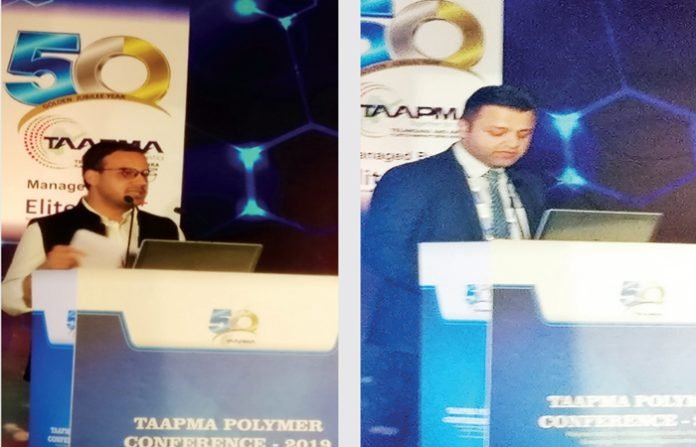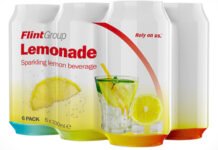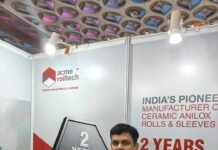Telangana And Andhra Plastics Manufacturers Association (TAAPMA), in association with
ElitePlus, organized the TAAPMA Polymer Conference 2019 on 18 January in Hyderabad.
The conference kicked off with a keynote address by Puneet Madan of Reliance Industries, who gave an overview of the macro-economic factors and the growth outlook of the Indian and global economy. Guest of honor, Peter Steinbeck of W&H, talked about sustainability in
the flexible packaging industry. He said that plastics are “part of the solution and not part of the problem.” Steinbeck also talked about Packaging 4.0 and said that it is a growing base for the circular economy.
Jayesh Ranjan, principal secretary, Government of Telangana was the chief guest at the function.
Innovation in machinery
After the inaugural session, the first business session saw presentations by Anuj Sahani of W&H who talked about latest generation bulk material packaging. According to Sahni, demand for block bottom bags in India is rising with major demand coming from the cement industry. These bags can be used for packing other items such as fertilizers and chemicals as well.
He informed the audience about W&H’s AD PROTEX woven bags and the W&H equipment that is required to manufacture these bags. Sahni also talked about W&H Paper Sack and W&H’s form-fill-seal solutions.
In the same session Karan Sud, also of W&H, talked about new innovations in cast film lines while Alfred Menhart spoke on the topic ‘How to get more out of your resin in blown film’.
Processing excellence
In this session Thomas Strohe of Flint Group talked about the importance of color in packaging and how color can set certain moods and draw the eye. D Roy of Chiripal Poly Films informed about the types of solutions that the company offers to flexible packaging convertors.
Circular economy
The last session of the day was on the most hotly discussed topic in the flexible packaging industry: sustainability and circular economy. The first speaker of the session was Prashant Lingam of Bamboo House India who talked about how his company is using plastic waste
and recycling it into usable items like plastic tiles and houses.
Hanumant Saraf of Ramky Enviro Engineers talked about the benefits of plastic. He argued that in order to boost recycling of plastic waste, the government should reduce GST on reprocessed plastics to 5% from 18%. The government should launch benefit schemes to promote recycling and help in establishing recycling hubs at all major cities with common infrastructure, he said.
ITC’s Ankit Gupta’s presentation also dealt with issues related to plastic waste and what the industry can do. According to him, for multi-layered plastics the recycling supply chain doesn’t work for reasons such as lack of awareness, limited capacity, lack of incentives for
waste collectors and segregators.
Gupta argued that source segregation is a necessary condition for post-consumer multi-layered plastic waste successfully at scale. Involvement of informal sector is also very important if the model has to succeed.
He also raised the point that for pan-India extended producer responsibility (EPR) to be implemented, a national offset/credit based mechanism needs to be set up. And finally, he said that a viable market for recycling multi-layered packaging waste needs to be created.











